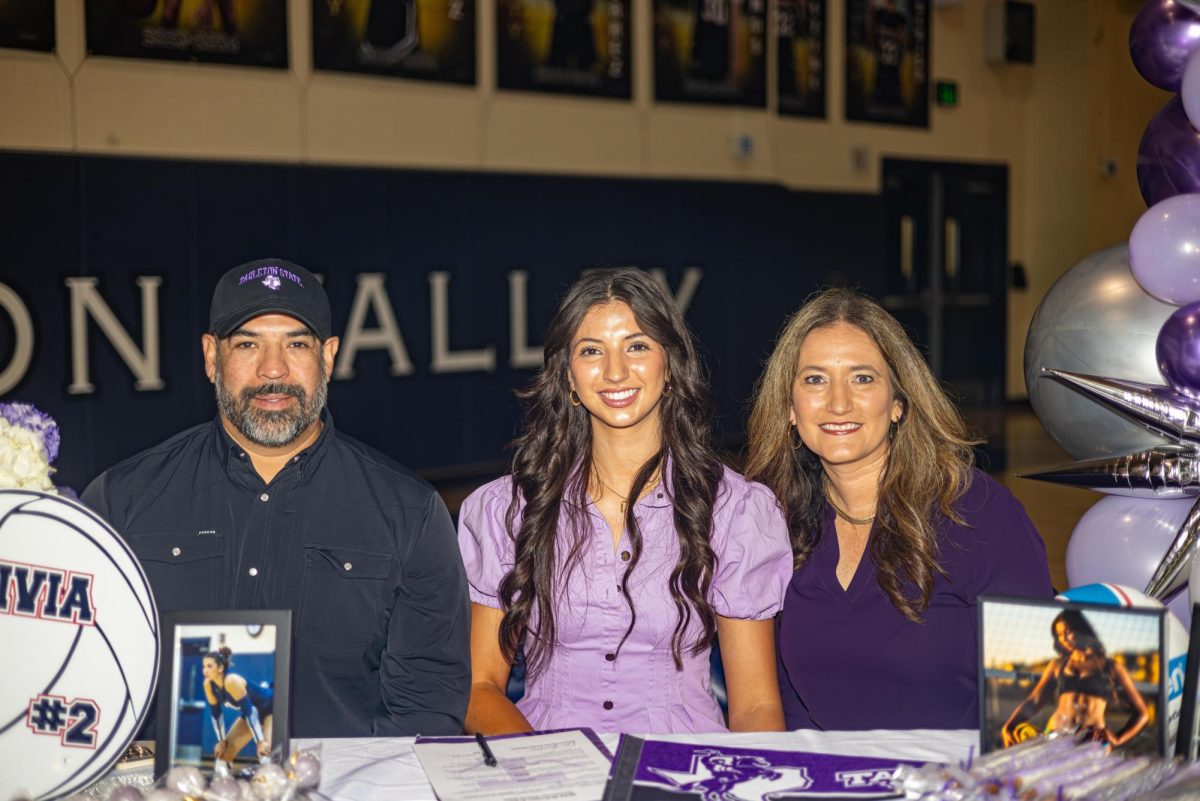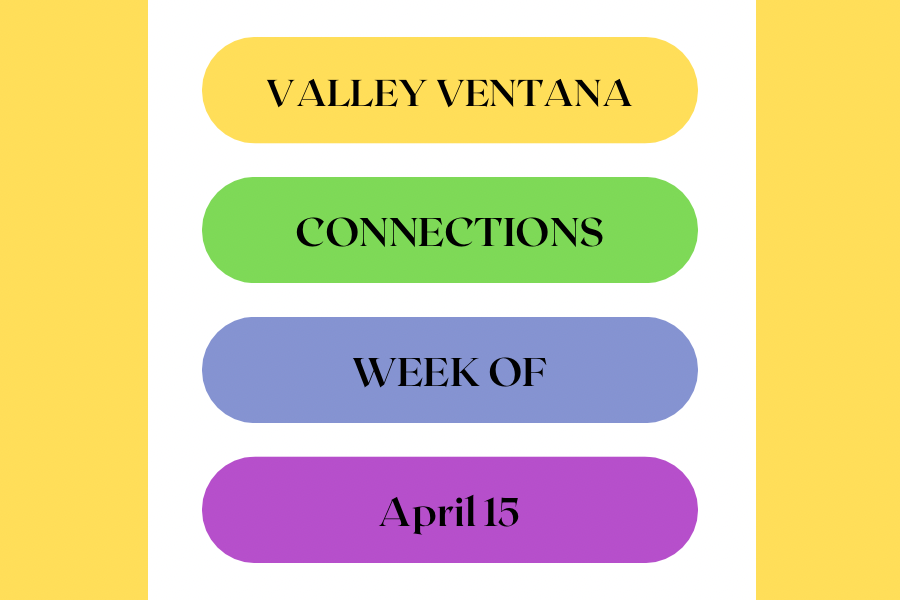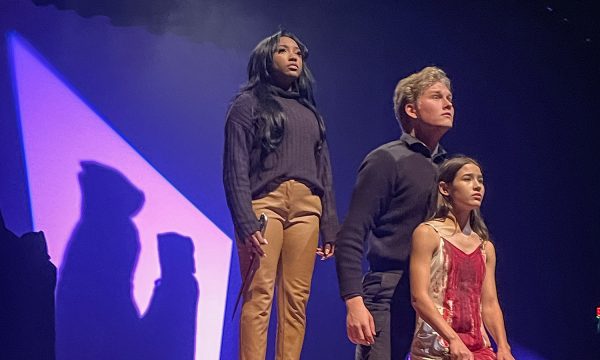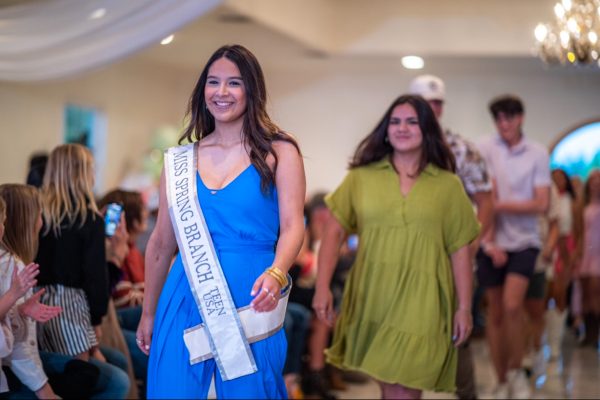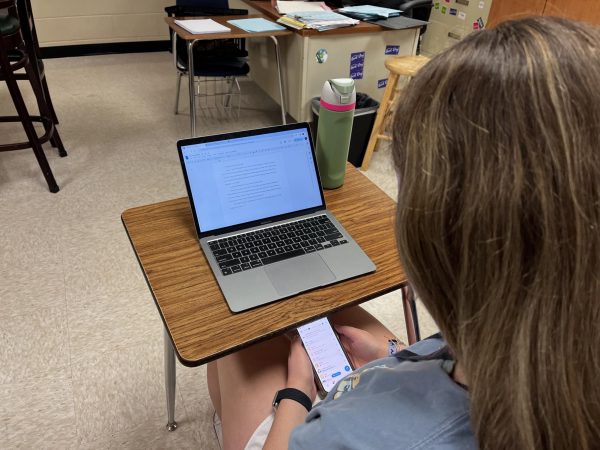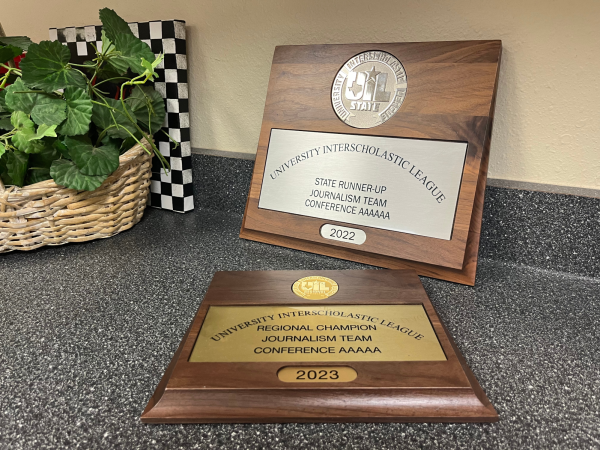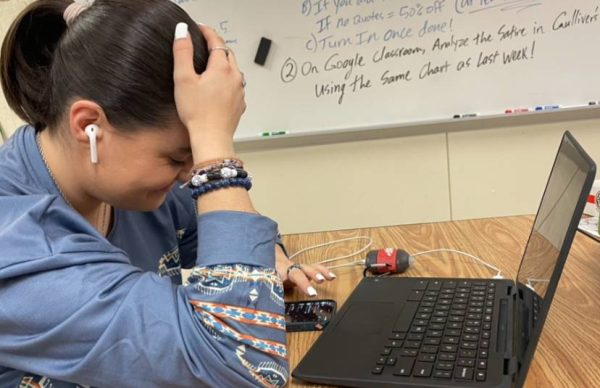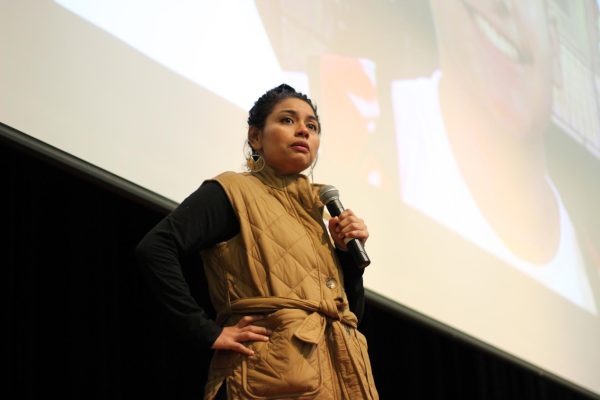Speak freely
Censorship still prevalent among student publications

Students across the nation combat censorship with New Voices legislation.
December 3, 2018
The first amendment in the American constitution guarantees freedom of press, stating that articles and news segments have the right to cover what they please, and citizens have the right to believe them. Today, students are being deprived of their first amendment rights, and censorship is at an all time high in student journalism.
On Feb. 7th, 2016, the state of Missouri’s legislature started looking over the Walter Cronkite New Voices Act, a bill that would protect student journalists first amendment rights. Now, the cause has spread all over America, and is still growing.
Hazelwood School District vs Kuhlmeier, the supreme court case, was the motivation for the bill. The monumental ruling stated that the Hazelwood East High school in Missouri had the right to remove or censor student’s works, without their approval. “Missouri is the home of one of the world’s most famous and iconic journalists, Walter Cronkite, but also home of the Hazelwood decision that saw the rights of student journalists suppressed,” the bills sponsor, Elijah Haahr, said.
Even before the milestone supreme court case ruling, student censorship has been prominent, even being portrayed in the media. The New York Times reported students attending the University of Kansas filing a concerning budget cuts, caused by what the articles they produced.
“When you’re censored, it’s like they don’t want my voice to be heard,” Rebecca Covington, an Editor-in-Chief for the Valley Ventana, says. “When you work hard on something, you don’t want it to be canceled.”
Having hard work ignored or just thrown away can be crushing to a lot of people. Stories can be well written, excellent even, but that doesn’t matter when an administrator doesn’t agree with the information.
Covington is no stranger to controversy, as she has covered subjects such as the NFL protests and free speech.
“I would be offended if those stories were canceled,” Covington said. “Regardless of what administration says, if your advisor is fine with the story, then it should be allowed.”
Students have rights, just like adult journalists. If these rights are not respected, then the land of the free truly isn’t free.
“There is no such thing as a little freedom,” Walter Cronkite said. “Either you are all free, or you are not free.”



